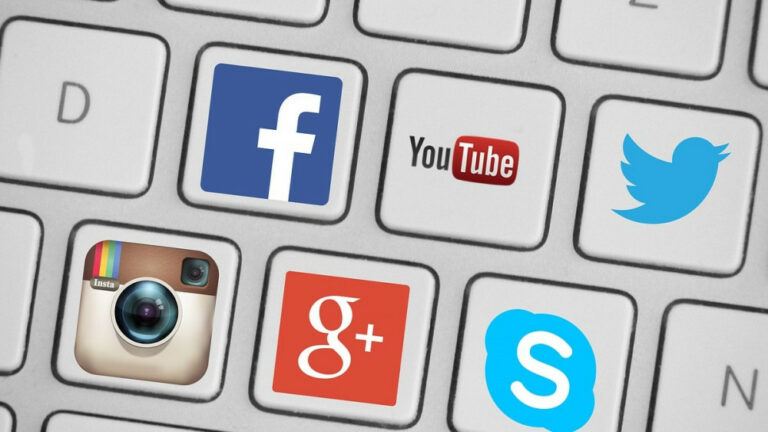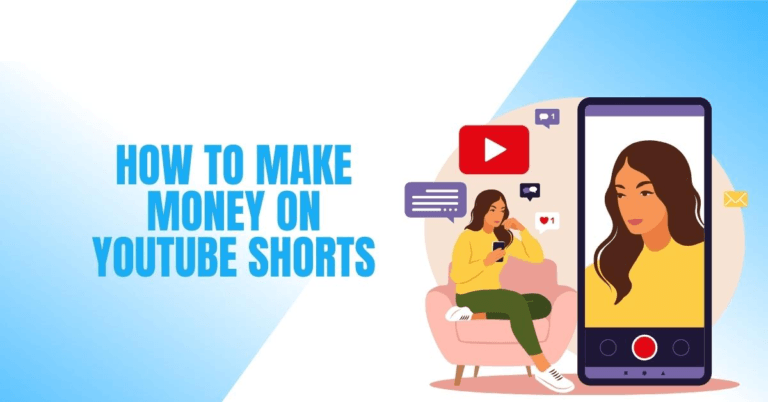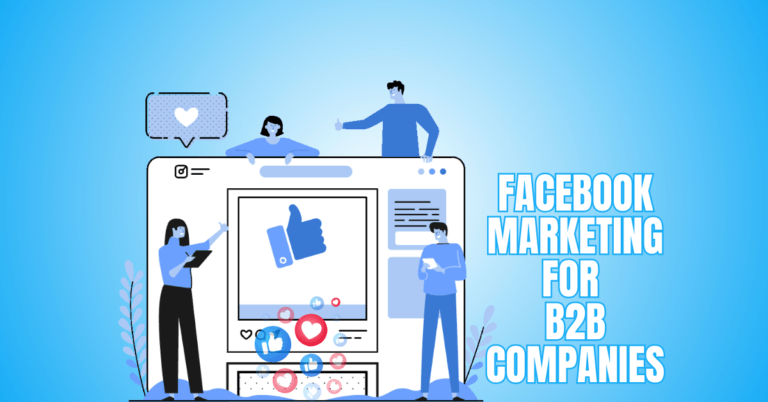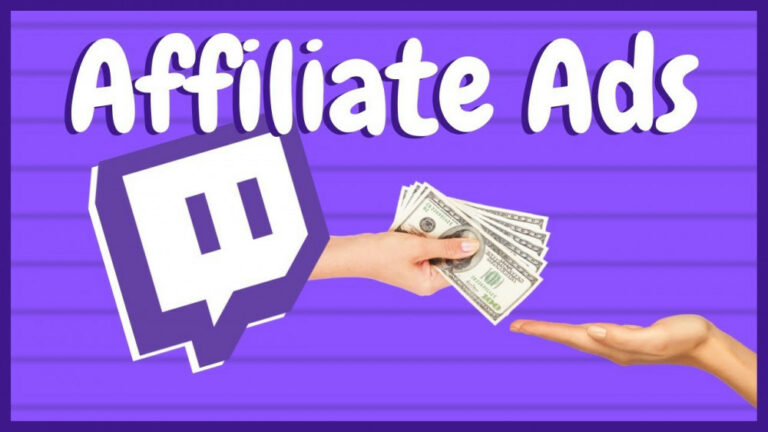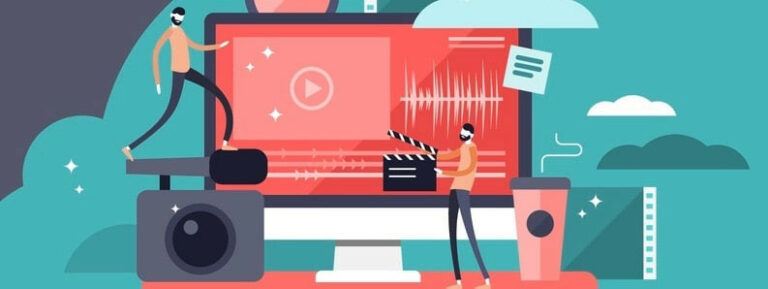Things To Remember When Using Social Media
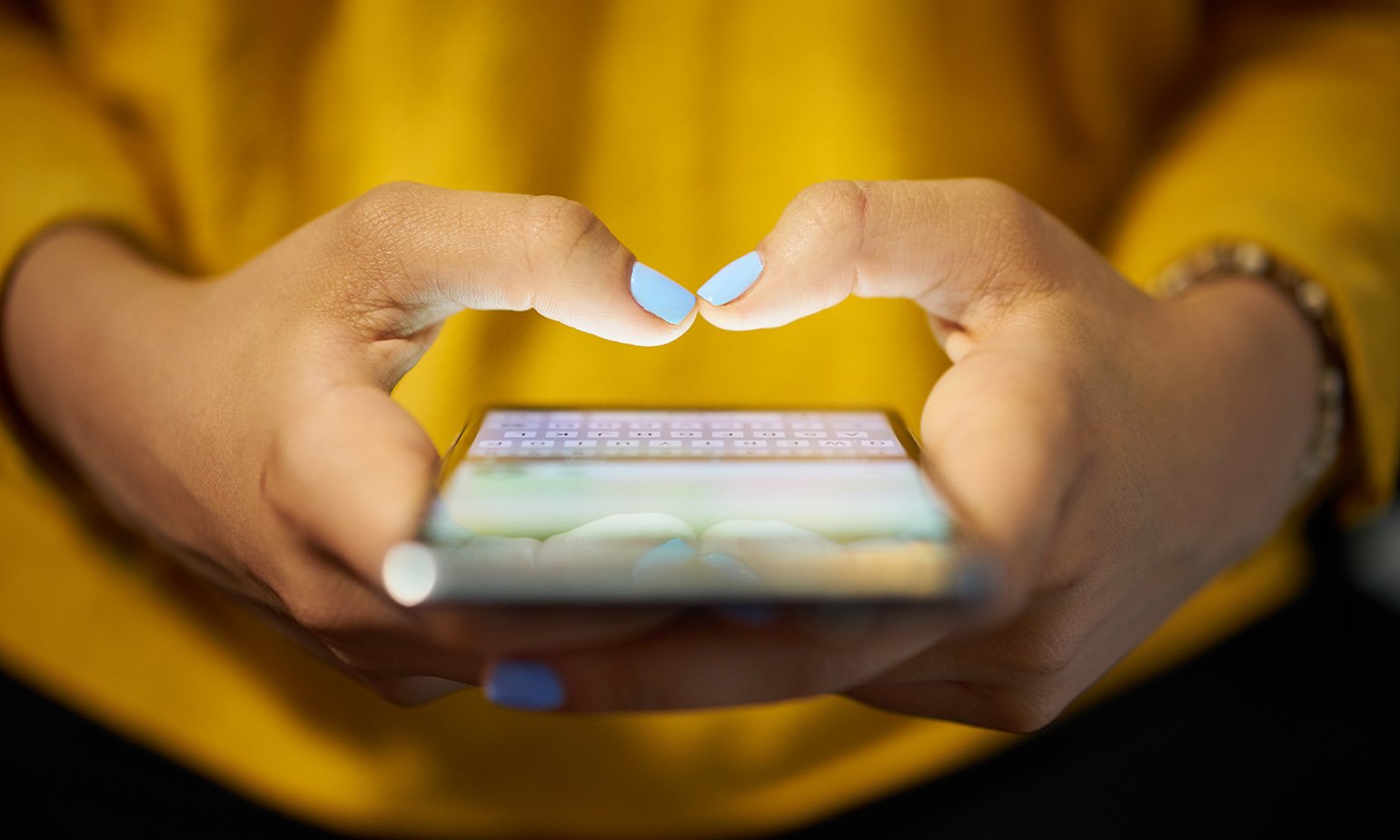
Things To Remember When Using Social Media
Social media platforms are prevalent nowadays and have connected us in ways we could never have imagined. We share information and updates instantaneously with the networks of connections we’ve built, and are subsequently flooded with updates from those same networks.
While sharing information in this manner is advantageous for many reasons, it brings many risks along with it. With each passing day, social media plays a greater role in our lives. That is why privacy on social media has become really important. With a little bit of knowledge and a small dose of caution, you can enjoy all the benefits of social media with few of the risks.
With connectivity fast becoming the way of life today, social media has emerged as a kind of standard for connecting with and staying in touch with friends, family, coaches, and more. The same applies to students–there’s so much to know even for digital natives who have grown up in an ecosystem dominated by digital and social media.
Platforms like Facebook and Instagram enable you to share bits and pieces of your life, LinkedIn is more about professional connections. Twitter lets you share your thoughts and opinions and know what others have to say.
Overall, social media interactions encourage two-way communication between people and even serve as popular channels to make friendships, apply for jobs, and more. At the same time, you need to be careful about security and privacy as you use these platforms.
Want to Start Making Money Online?
Try My #1 Recommendation Program!
Although social media interactions appear harmless on the surface, there are chances of unintentional exposure to stalkers, hackers, and identity thieves even as you share your private life with friends and family.
Obviously, it makes sense to take the right security measures for curbing your online risks. As you think about social media safety, remember that it goes much beyond only avoiding the wrong people online. You also need to be cautious about crossing personal boundaries with your friends, teachers, coaches, and professional associations.
Social Media Platforms
Instagram, by far the most popular social media site. Facebook, despite the controversy surrounding the 2016 presidential elections, still remains the most widely used social media site.
Twitter is the social media site of choice for those who want to stay connected to friends in real-time. Pinterest is basically an online pinboard. Snapchat is an ephemeral messaging app. It is generally only used to share photos. The LinkedIn network is a collection of professionals with connections to other professionals in their respective fields.
Social Media is everywhere. Most people don’t realize it, but most social media sites are technically accessible by anyone with a computer and internet connection. Facebook, for example, is basically a protocol for people to share information. Google is an aggregator of all that content and allows those connections to be navigated through search results.
Instagram is another popular social media site that allows users to upload photographs to a network of followers. Both of these networks are widely used, and almost everyone that has access to the internet is connected to these networks. This means that any information posted to these networks can potentially reach a far greater audience than what you would see on other social media sites.
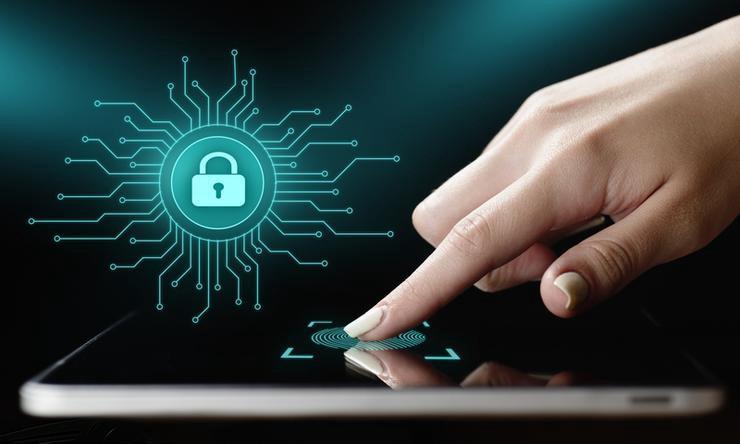
Privacy On Social Media
In case you haven’t heard, there is no such thing as privacy on social media. Any piece of information you provide can be used by a cyber-criminal to attack you. It’s like giving them a password. Cyber-criminals have been exploiting social media for years, and are constantly innovating ways to use our data against us.
While this isn’t new, they are still trying to get a foothold, and by getting more and more personal information out of unsuspecting users, they can further refine their attack. The ability to connect to anyone on social media is almost like giving them a key to your house.
Social media platforms have removed many of the protections that were previously in place. In fact, Facebook has begun working on an algorithm that identifies users that are trying to share fake news.
Privacy on social media is something that requires a little more consideration than you would think. The idea that someone may be reading your private messages, pictures, or events in your newsfeed may scare you. In the days of old, things were a little different.
We sent messages via snail mail and message boards were frequented by anonymous posters, but nowadays, Facebook, Twitter, Instagram, and Snapchat are full of smart algorithms and bots that monitor your postings.
Companies have set up tools to recognize patterns and continuously monitor social media feeds for signs of unauthorized content, like messages that look suspicious or maybe coming from a different social media user.
Want to Find Out How To Start Your Home-Based Business?
Try My #1 Recommendation Platform!
How To Protect Your Privacy
All of us share information and updates on the networks of our social media friends. So, protecting your privacy from being accessed by others, especially your social media acquaintances, is important. There are a number of social media platforms out there, and many of them are free to use.
However, social media is inherently a share-oriented tool, and some of the information shared might not be free from others. This article discusses ways to protect your privacy from being accessed by others and thus ensure your personal information remains personal and private.
There are many ways to protect your privacy on social media, but the most secure and reliable method is to use two-factor authentication. A simple method that generates a second sign-in code.
It isn’t always needed, but in situations where a user is likely to be targeted, the second sign-in code acts as a deterrent to hacking or security threats. What’s the alternative to two-factor authentication? Insecure? Yes. But user-friendly? Definitely. Can the account information be changed? Yes, but it may prove to be a bit inconvenient for you.
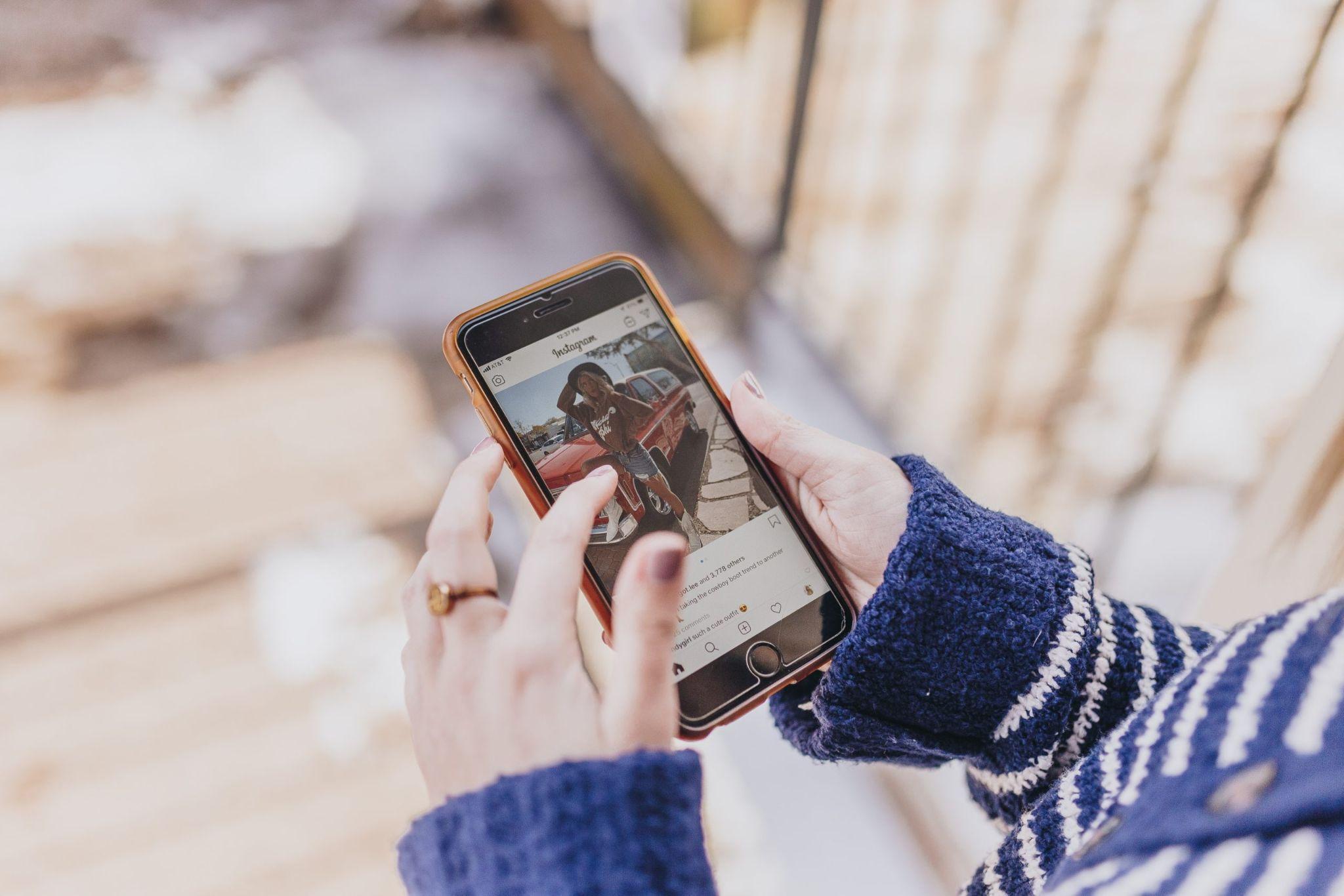
How To Use Social Media Responsibly
Social media has changed the way we communicate with others and is fast becoming a vital part of our lives. In the past few years, social media has been utilized as a means to further develop brands and their product or service. While we are happy for brands to utilize social media in their marketing and advertising campaigns, it is extremely important to understand that social media is not free for all.
It is a tool that needs to be used in the most responsible way possible. Many platforms are notorious for promoting self-destructive behaviour and it is very important that people are aware of the risks they are taking. That’s why it is necessary to have the right knowledge in order to get the most out of social media.
Privacy is one of the biggest priorities for users when using social media. With most networks having a strict privacy policy in place, users can rest assured that their posts won’t be seen by anyone they aren’t directly connected with. Using social media as a means of connecting with friends and family can bring us closer to them.
But this should be done with caution. Things like personal information, photos, or any other data can be easily exploited by unscrupulous people. Moreover, if a user posts sensitive information on the network, it may come in handy for others who are trying to track down a missing child or a missing person. There are various avenues to protect oneself from cyberbullying and slander.
In order to use social media responsibly, you must recognize and avoid the pitfalls of not doing so. While it’s not possible to police the entire internet or social media network, you can work to identify the potential problems it can cause to your work and personal life.
You need to use your privacy setting. Being active on social media sites, especially Facebook means sharing information about your life. People who have an interest in your personal life will find out about it and usually share it with others. As a rule of thumb, it’s a good idea to keep your life off social media.
Staying Private On Social Media
We all know that social media sites allow users to maintain a personal connection with users on the network, however, these platforms also allow businesses and companies to communicate with users on the network. This is especially true for business leaders who may have to communicate with their shareholders, employees, and other business-related parties.
So what does this mean? The most concerning thing about social media is that information is both easily accessible and available to all who have access. That means that a business leader could share anything about their company to his social network and be completely open to anyone who could read the information.
With the amount of information you share on social media, there is a greater chance of you being harassed, stalked, and discriminated against because of it. You might also get accused of sharing inaccurate information and have your account suspended. Keep in mind that you should not share too much information.
This is because every action you take on social media carries a price tag. Whether you’re sharing updates of your experience at a museum, taking pictures of a restaurant, or the type of car you’re driving, you should think carefully before you share it. If you’re running late, it’s okay to send a message to your friend with a reminder about an appointment. But if you take a selfie of yourself in front of a museum entrance, it might be a violation.
With the popularity of social media platforms, it’s hard to truly protect yourself from unwanted and unneeded information about yourself. That is why, along with companies like Dotster who promote privacy on social media, there are certain things you can do yourself to keep yourself private from a marketing perspective.
One of the most important things you can do on social media is to use a specific hashtag. Hashtags are text strings used on social media platforms to organize and prioritize content on platforms such as Twitter and Instagram. By creating a hashtag and using it to differentiate a post, you can prevent other users from taking your post and making it an option for other users to see and participate in.
Are You Tired Of Scams?
Try The Most-Trusted Training Platform To Make Money Online!
Staying Safe on Social Media
There are many ways you can stay safe on social media, which include getting some basic privacy settings right. There are many risks we face when using social media, and they range from identity theft to scams. It is important to know what privacy settings are in place on your social media accounts. You should also be careful of any personal details you share.
Keeping such details private will not only keep you safe but also prevents you from being made the victim of identity theft. A common trend among social media users is to create apps or websites that keep in touch with you through emails, texts or notifications. These can be useful, especially if you use the same mobile numbers or email addresses on multiple websites.
People should use social media for many different things. These can include networking, entertaining friends and family members, sharing, making social connections, or supporting a cause or organization. It should be noted that everyone has different definitions of what they feel is acceptable on social media. There is a very fine line between private and public, and that line is where your profile should fall.
To reduce the chances of your identity or that of the people around you being exposed to the wrong people, you need to learn a few security and privacy tricks. Always make sure that your privacy settings are properly set to prevent anyone else from viewing the content you are sharing.
Use “private browsing” mode whenever you are surfing the internet on your mobile phone. Avoid sharing personal information on Facebook when you are under emotional distress, such as posting suicidal updates or even when you are on your way to a meeting and have to leave your child at home. If you are using social media, avoid posting private information such as your birthday, phone number or home address.
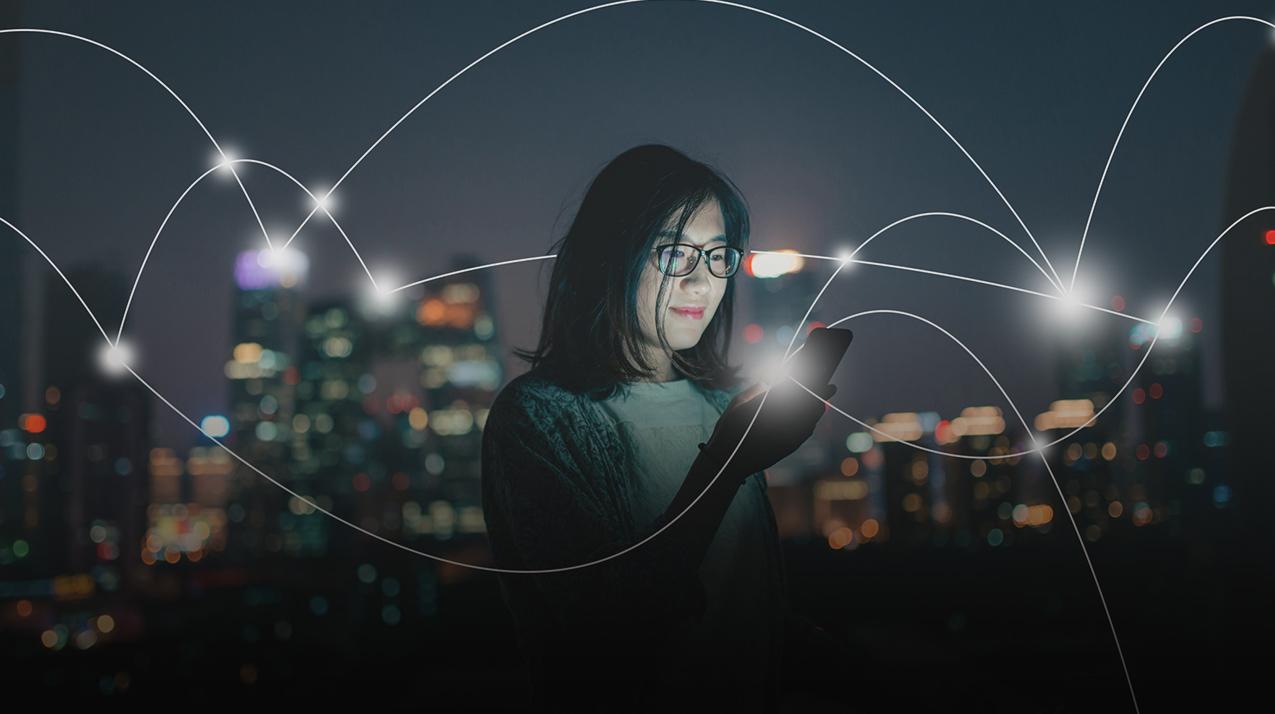
Staying Positive on Social Media
Social media outlets are filled with endless distractions from any kind of seriousness. Rather than wasting your time in that sort of environment, take some time to do what you enjoy with friends and family and socialize with them as well. Keep in mind the things that bring you joy in life and put the platform you’re using to do this to good use.
Start a small group of friends and family on social media where you post photos, statuses, and videos about what is going on in your life. Try to include more of those activities you look forward to and care about rather than things that make you feel miserable. Try not to spoil yourself. Many of us have added a virtual millionaire to our Facebook page. You should look a little lower than that.
The biggest thing that causes stress is not knowing how much information you’re sharing. Even if you want to keep a secret, do you really want everyone to know about it? Going through your posts and interacting with other people on the network provides a tremendous amount of information about yourself and your friends.
What you post can be incredibly accurate, but it can also be horribly inaccurate. Think about all the different things that have been written about you and how your personality, mood, habits, thoughts, and intentions can be “fact-checked” by those that are around you. The biggest thing that causes stress is not knowing how much information you’re sharing. The term “fakeness” has a negative connotation, but it’s a reality.
On the one hand, social media has become the modern form of the family dinner table; on the other, it can make some families feel like strangers. If you’re feeling lonely and want to bring the family back together, take advantage of the few hours a day you’re able to catch up with your loved ones. There’s no one-size-fits-all solution to staying positive on social media.
One of the best things you can do is just try to be positive in your approach to the platform. There’s no way to sugarcoat the fact that social media can be a platform for negativity. However, a lot of people have found the following tactics useful. Set parameters of time. While the internet is an amazing tool, it can also be a mind-numbing experience.
How to Manage Social Media Networks
You will have many different social media networks to manage, and it can be very hard to keep track of them all. How can you be sure you’re not posting personal information, or posting inappropriate content? How do you know which channels are the most trustworthy? What do you do when someone is claiming to be a Facebook friend?
One tip to stay on top of social media is to review your privacy settings. Social media allows us to publish to a multitude of networks at the same time. While this can be a good thing, it also presents a threat to privacy if users are not vigilant. Every time you publish something, you are making it public.
How can you keep a check on your social media usage? Is it possible to keep an eye on who is talking to whom? There are some ways to keep a check on your social media networks: 1. Set up two social media profiles – Since each network has its own demographics, some information will be more useful for one network than it is for the other.
There is a huge variation between platforms, and therefore, it’s important to keep them separate. Although this might seem overwhelming at first, it’s a really quick and simple process to set up two separate profiles on Facebook and Twitter. 2. Be a power user – You are a social media power user. Social media isn’t something that you do to check up on your friends, so don’t fret about finding the perfect time to use it.
Some would say that social media is the new-age, digital playground where children of all ages can roam free and play their wildest imaginations without the restrictions of real-world rules and regulations. By and large, this is true for many children and young adults, who are discovering the benefits of social media and the inevitable dangers.
As they grow older and the pressures of real-world obligations arise, they’ll inevitably leave the safety of their parents’ digital networks, and seek their own identity on the new platform. This is the stage where users come face to face with the consequences of their every move. When we’re young and impressionable, we may not be aware of the long-term consequences of our actions and may act on impulse without thinking about the consequences.
The Risks Of Social Media
Social media platforms come with many threats. There are personal risks that we cannot avoid, such as possible stalkers and the chance of your photos being misused. Perhaps the greatest risk of all is the chance of our personal data being leaked. Facebook has been in the news many times in the past for improperly protecting users’ information and allowing companies to mine it for various reasons.
They’ve also allowed criminals to manipulate their users’ feeds and profiles with fake information. These two instances, one in 2012 and another in 2015, have been crucial for the discovery of current and past security breaches. The most recent disclosure came in May 2018, when it was discovered that Facebook had known about a breach dating back to October 2017.
There are two ways in which data can be collected about you on social media. The first is through publicly available information. This type of information, while not a direct violation of privacy, is never private in nature. There is a myriad of websites, blogs, and documents that can be used to glean information about you on social media.
In the event that your social media account is hacked, you can lose not only your information but your entire account and passwords as well. The second type of information can be gathered through private information. Social media apps like Facebook, Instagram, and other such networks use personal information about you to serve their own ends.
Privacy is the foundation of all good security. When you lose it on social media, you stand to lose a lot more than just the ability to share what you want with whom you want. No, you lose your freedom. You give up a lot of the basics that other people have. And it’s important to keep in mind that the rules of privacy are easily changing.
This is why you should keep this in mind before you use social media. It means that everyone and everything you are connected to will have the ability to know things about you that you wouldn’t want them to. If you’re not careful, you could be discovered to be doing things that could have you end up in jail, on the run, or even worse.
Conclusion
When it comes to privacy, social media platforms have a lot to answer for. Despite having signed up to a set of privacy policies, users cannot control what they post on their profiles. The power to moderate content is given to these platforms, leaving users little room to change their minds.
Also, when a person makes a post, they are given no information about how many people will see the post and how many followers or likes they will get, ultimately limiting the risk of being wrongfully accused of posting fake information.
I trust you enjoyed this article about the Things To Remember When Using Social Media. Would you please stay tuned for more articles to come? Take care!
JeannetteZ
Want to Learn How to Build Your Own Home-Based Online Business & Start Making Money Online From Your Comfortable Couch?
Try Wealthy Affiliate!
Your Opinion Is Important To Me
Thoughts? Ideas? Questions? I would love to hear from you. Please leave me your questions, experiences, remarks, and suggestions about the Things To Remember When Using Social Media in the comments below. You can also contact me by email at Jeannette@WorkFromAnywhereInTheWorld.com.
Here are some of my favourite blog posts:
Untold Facts About Social Media
Everything You Need To Know About Social Media


